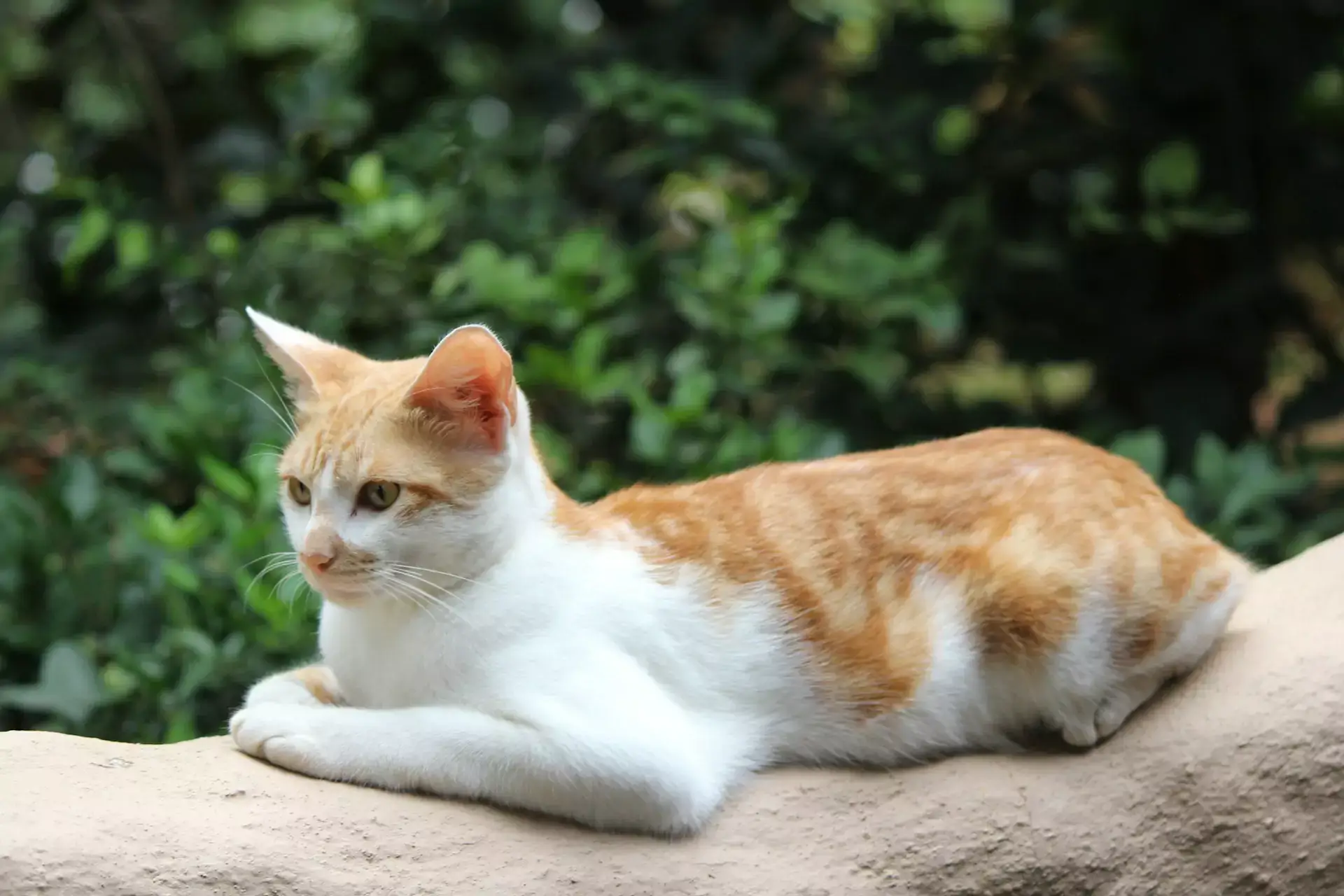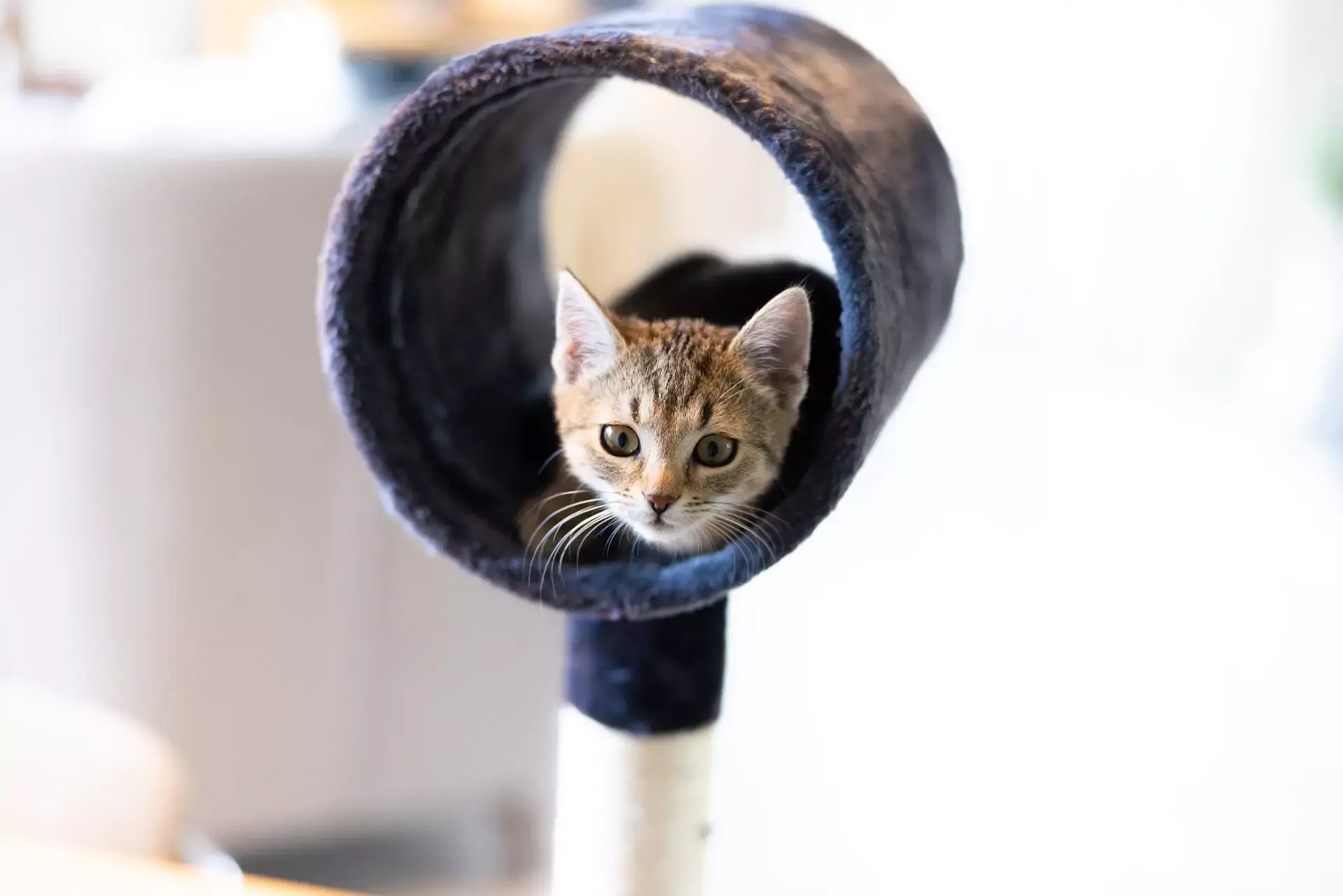Are you considering adopting a gecko? These cute little lizards are becoming quite popular pets. There are more than 1500 kinds of geckos, though only a dozen or so are commonly sold as pets. Geckos come in many different colors and patterns, and they are typically quite gentle and easy to care for. They also don’t need any training, don’t make much noise, and are great animal companions for anyone with allergies. A local veterinarian offers some advice on gecko care below.
Basics
Choosing the right gecko is extremely important. The Leopard gecko may well be the most popular gecko out there. The Crested gecko and African Fat-tailed gecko are also good options. Some other geckos on the list of suitable pets are the Gold Dust Day gecko, Frog-Eyed gecko, Chinese Cave gecko, Giant Day gecko, Gargoyle gecko, and Madagascar Ground gecko. These guys all have the same general needs, but there are some variations. Do some research before choosing one. One thing you want to look at is longevity. Some geckos can live up to 20 years!
Habitat
Geckos need specific heat and light conditions to stay healthy. You’ll need to get some special equipment, including good thermometers to help you track the conditions. For substrate, you can use reptile carpet, butcher paper, or paper towels. You can add stone or ceramic tiles on top of these if you like. Just don’t use sand, as your pet could get very sick if he were to ingest it. Your little lizard will also need hide boxes and branches or rocks for climbing. You may want to add plants to make the terrarium look nice. Ask your vet for specific advice.
Food
This is one area where geckos suddenly become less appealing to many people. Like many other reptiles, most geckos eat live bugs, which must be dusted with nutritional powder before becoming lunch. You’ll need to regularly bring home things like crickets, waxworms, and Dubia roaches. If the very thought of buying these creepy-crawlies turns your stomach, a gecko may not be for you.
Handling
Geckos are quite tame. However, you’ll need to handle your tiny pet regularly to keep him docile and friendly. Just take care to never pick your little dinosaur up by the tail. Geckos’ tails detach when they are held this way, which helps them escape predators. While they do grow new tails, the replacement often looks a bit odd. And, needless to say, losing an appendage isn’t going to be much fun for your pet.
Our Advice on Gecko Care in 2024
What are the basics of gecko care, and why is choosing the right gecko important?
The basics of gecko care include selecting the suitable species, providing the appropriate habitat, ensuring proper heating and lighting, offering a suitable diet, and handling them with care. Choosing the right gecko is crucial because different species have varying requirements in terms of habitat, temperature, and humidity. For example, Leopard geckos, Crested geckos, and African Fat-tailed geckos are popular choices with distinct care needs. Failing to meet these requirements can lead to health issues. Researching and selecting suitable gecko species ensures their well-being and can result in a rewarding and low-maintenance pet that can live for many years.
What are the specific habitat requirements for keeping geckos healthy?
To keep geckos healthy, it’s essential to meet their specific habitat requirements. These include maintaining the right temperature and humidity levels, providing adequate lighting, and creating a suitable enclosure. Geckos need a temperature gradient in their habitat, with a warm basking area and a more relaxed zone. Humidity levels should match their species’ natural environment. Proper lighting, including UVB light for some species, helps with calcium absorption. Enclosures should have secure lids, appropriate substrate, hiding spots, and climbing opportunities. Regularly monitoring and adjusting these habitat conditions is crucial for the well-being of your gecko, ensuring they thrive in captivity.
What should geckos be fed, and are there any challenges related to their diet?
Geckos should primarily be fed live insects like crickets, mealworms, and Dubia roaches. Some species also eat fruit or nectar. One challenge with gecko diets is the need to provide nutritionally balanced insects. Dusting them with calcium and vitamin supplements is crucial to prevent deficiencies. It can be challenging for some pet owners who may be uncomfortable handling live insects. Additionally, ensuring variety in the diet can be tricky as some geckos can be picky eaters. Properly addressing these dietary challenges is essential to maintain your gecko’s health and well-being.
How should geckos be handled to ensure they remain tame and friendly?
To ensure geckos remain tame and friendly, handle them gently and regularly. However, avoiding picking them up by their tails is crucial, as geckos can shed their tails as a defense mechanism. While they can regrow tails, the replacements may look different. Consistent and gentle handling from a young age helps geckos become accustomed to human interaction, making them more docile and friendly. Always approach them calmly and avoid sudden movements to prevent stress. With proper handling, geckos can become delightful and sociable reptilian companions.
Where can you find expert advice and support for gecko care in Rialto, CA?
You can contact your local animal clinic in Rialto, CA, for expert advice and support on gecko care. They have experienced veterinarians who can guide all aspects of gecko care, from habitat setup to diet and handling. These professionals can offer tailored advice based on your specific gecko’s needs, ensuring its health and well-being. Don’t hesitate to contact your nearby animal clinic for any questions or concerns related to your gecko’s care, as they are dedicated to providing excellent support for reptile enthusiasts in the Rialto area.
Do you have questions about gecko care? Contact us, your local animal clinic in Rialto, CA, today!



